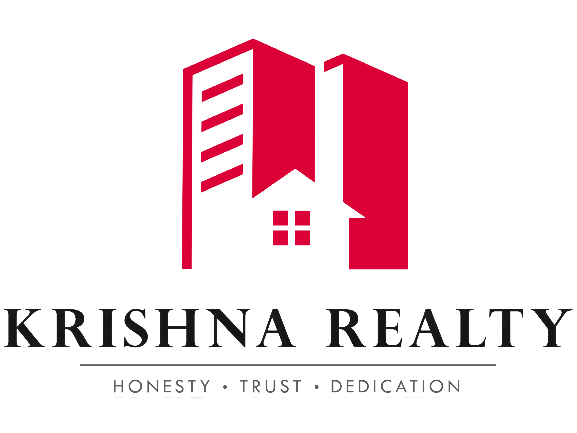Homeowner Associations: Advantages and Disadvantages
What is Homeowner Associations?
Importance of Homeowner Associations

Community Aesthetics and Property Values:

Common Area Management

Dispute Resolution

Rule Enforcement

Community Engagement

Financial Management
Advantages and Disadvantages of Homeowner Associations
Advantages:-
HOAs enforce community standards, ensuring a cohesive and aesthetically pleasing neighborhood, which can positively impact property values over time.
HOAs provide a structured process for resolving disputes between neighbors, fostering a harmonious living environment and minimizing conflicts.
Some residents appreciate the structure and order provided by HOA rules, contributing to a sense of uniformity and cleanliness in the community.
HOAs often organize community events and activities, fostering a sense of community and providing opportunities for residents to connect.
Disadvantages:-
Homeowners are required to pay regular fees to cover maintenance costs and unexpected expenses, potentially leading to financial strain.
HOAs enforce rules on exterior modifications, landscaping, and paint colors, limiting individual freedom and creativity in property customization.
In some instances, HOAs may enforce rules inconsistently, leading to frustration among homeowners who feel they are being treated unfairly.
HOA rules can be rigid, and making changes often requires a lengthy and challenging process, limiting homeowners' ability to adapt to evolving circumstances.
The effectiveness of an HOA depends on the competence of its management; poorly managed HOAs can lead to dissatisfaction, operational inefficiencies, and financial challenges.
